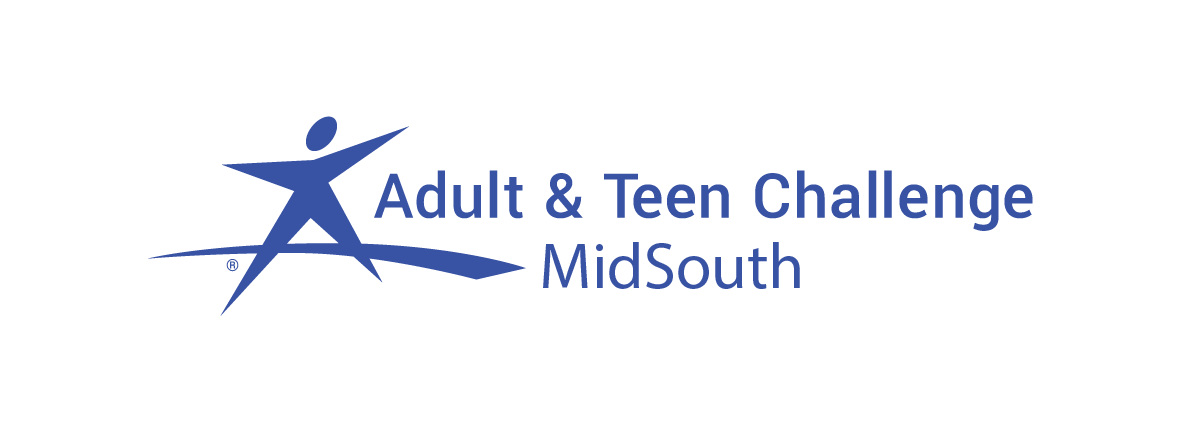Ethyl alcohol, or ethanol, is an intoxicating ingredient found in beer, wine, and liquor. It is produced by the fermentation of yeast, sugars, and starches. It is a central nervous system depressant that is rapidly absorbed from the stomach and small intestine into the bloodstream. A standard drink equals 0.6 ounces of pure ethanol, or 12 ounces of beer; 8 ounces of malt liquor; 5 ounces of wine; or 1.5 ounces (a “shot”) of 80-proof distilled spirits or liquor (e.g., gin, rum, vodka, or whiskey).
For most adults, moderate alcohol use is probably not harmful. However, about 18 million adult Americans have an alcohol use disorder. This means that their drinking causes distress and harm. It includes alcoholism and alcohol abuse.
With alcohol abuse, you are not physically dependent, but you still have a serious problem. The drinking may cause problems at home, work, or school. It may cause you to put yourself in dangerous situations, or lead to legal or social problems.
Another common problem is binge drinking. It is drinking about five or more drinks in two hours for men. For women, it is about four or more drinks in two hours.
Too much drinking is dangerous. Heavy drinking can increase the risk of certain cancers. It can cause damage to the liver, brain, and other organs. Drinking during pregnancy can harm your baby. Alcohol also increases the risk of death from car crashes, injuries, homicide, and suicide.
Alcoholism or alcohol dependence is characterized by a strong craving, and continued use despite harm or personal injury. Abuse, which can lead to alcoholism, is a pattern of drinking that results in harm to one’s health, interpersonal relationships, or ability to work.
Signs & Symptoms
Alcohol enters your bloodstream as soon as you take your first sip. Alcohol’s immediate effects can appear within about 10 minutes. As you drink, you increase your blood alcohol concentration (BAC) level, which is the amount of alcohol present in your bloodstream.
The higher your BAC, the more impaired you become by alcohol’s effects. These effects can include:
- Reduced inhibitions
- Slurred speech
- Motor impairment
- Confusion
- Memory problems
- Concentration problems
- Coma
- Breathing problems
Success Story
“When I was twelve I started smoking cigarettes and I got drunk on my parents’ bottle of whiskey. My struggle with alcoholism began. High School for me was a four year party. I started using meth at fifteen. I was raped twice by “friends”. When I told someone about the first rape they did not believe me. I never mentioned it again.
“I became a Certified Nursing Assistant at age sixteen. From then on I worked full time and went to school. By God’s grace and mercy, I graduated from High School. Then I found I was pregnant. My step-grandma convinced me to get an abortion. After that I started drinking heavily and doing drugs again.
“I met my daughter’s father at the bar his family owned. I was drunk for the next three years. I got my third DUI. I went straight to jail again with a blood alcohol level that was so high I should have been out cold. My parents would not bail me out. They convinced the judge to send me to Adult & Teen Challenge. That was the best thing that could have happened to me.”
Effects of Alcohol
Alcohol affects every organ in the drinker’s body and can damage a developing fetus. Intoxication can impair brain function and motor skills; heavy use can increase risk of certain cancers, stroke, and liver disease.

